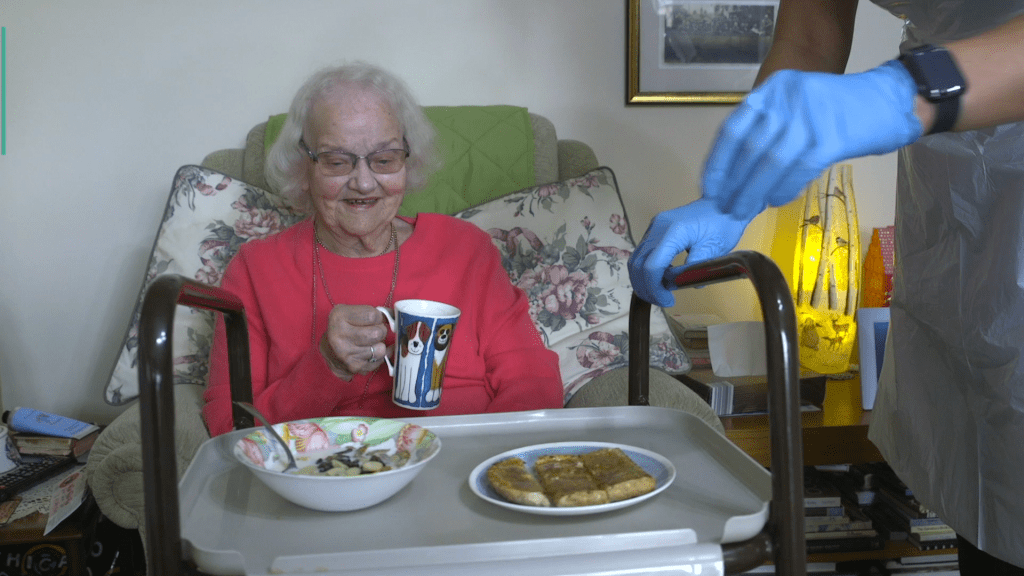As we age, maintaining a healthy diet becomes increasingly important for our overall well-being. Meal planning and nutrition play a vital role in promoting optimal health, especially for seniors. By following a well-balanced diet tailored to their needs, seniors can enhance their energy levels, strengthen their immune system, and improve their overall quality of life. In this blog post, we will explore effective meal planning and nutrition tips to support optimal senior health at home.

How do you plan meals for an older person?
When planning meals for seniors, it’s important to consider their individual needs, preferences, and any dietary restrictions they may have. Here are some practical tips to help you create a personalized meal plan:
- Take into account any allergies or food intolerances.
- Consider the senior’s cultural background and food preferences.
- Include a variety of foods from different food groups to ensure a well-rounded diet.
- Control portion sizes to meet the individual’s calorie and nutritional requirements.
- Incorporate nutrient-rich ingredients such as fruits, vegetables, whole grains, lean proteins, and healthy fats.
- Consult with a registered dietitian for personalized guidance.
What is the recommended daily nutrition for seniors?
Seniors have specific nutritional needs to support their overall health and well-being. Here are some essential nutrients and their recommended daily intake for seniors:
- Calcium: 1,200 to 1,500 mg to support bone health.
- Vitamin D: 800 to 1,000 IU to aid calcium absorption and maintain bone density.
- Vitamin B12: 2.4 mcg to support nerve function and red blood cell production.
- Fiber: 25 to 30 grams to support digestive health and prevent constipation.
- Antioxidants: Include a variety of fruits and vegetables to provide essential vitamins, minerals, and antioxidants.
By incorporating these nutrients into their daily diet, seniors can optimize their nutrition and promote overall health.
Points to Remember in Preparing Meals for Older Patients
When preparing meals for elderly individuals, it’s important to consider their unique circumstances and potential challenges. Here are some key points to keep in mind:
- Take note of any food allergies or intolerances.
- Modify textures and consistencies for those with chewing or swallowing difficulties.
- Ensure proper food storage and labeling to prevent food spoilage.
- Practice good food handling hygiene to minimize the risk of foodborne illnesses.
- Encourage seniors to maintain hydration by drinking an adequate amount of water throughout the day.
These points will help ensure the safety and enjoyment of meals for elderly individuals.
Meal planning and nutrition are crucial for supporting optimal senior health at home. By carefully planning meals, considering individual needs, and incorporating nutrient-rich ingredients, seniors can enhance their overall well-being and maintain a high quality of life. Additionally, it’s important to remember safety considerations in meal preparation and seek professional guidance when needed.
Remember, a well-balanced diet is key to promoting senior health. By following these meal planning and nutrition tips, seniors can enjoy the benefits of improved energy, enhanced immune function, and overall well-being.
For additional resources and to engage in chair aerobics to promote physical activity for seniors, visit Lifestyle Homecare – Chair Aerobics.
Start prioritizing meal planning and nutrition today to support optimal senior health at home.
If you would like to find out more about our homecare services, then please don’t hesitate to get in touch with our team at Lifestyle Homecare today.

